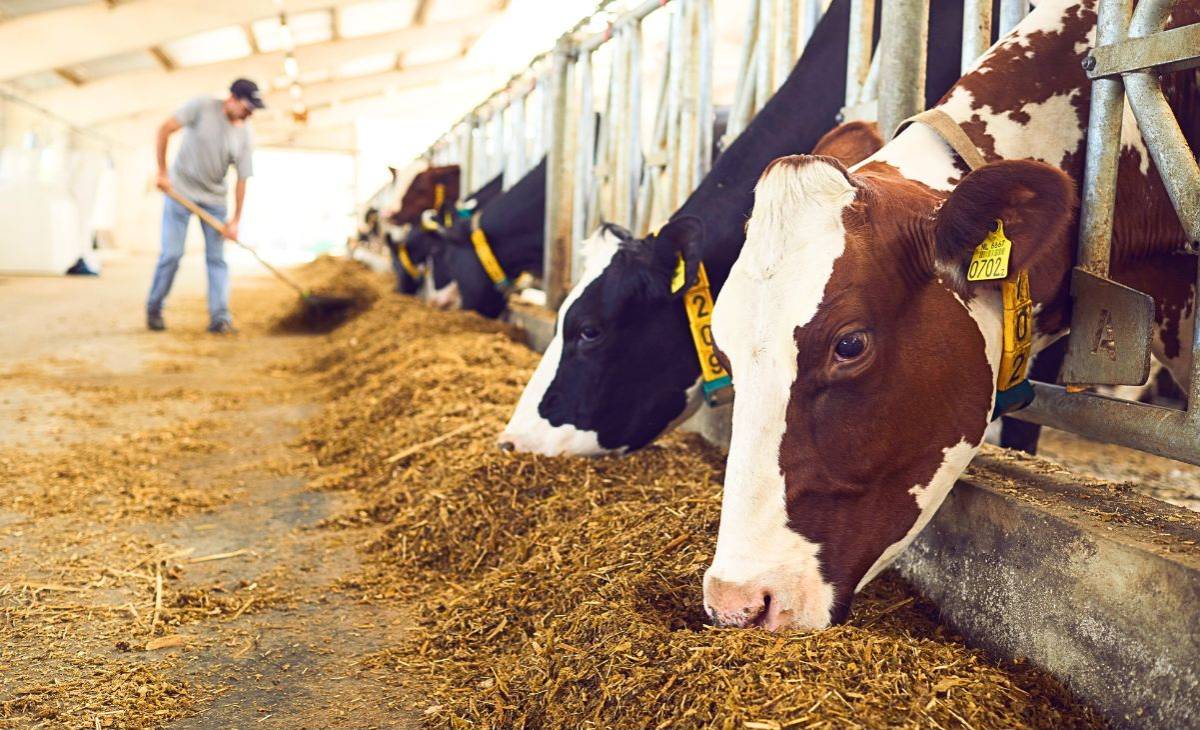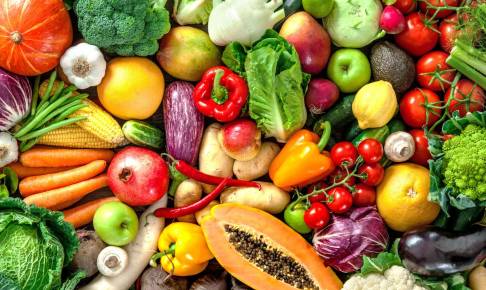Portugal: organic farmers granted temporary permission to use non-organic feed
In response to the severe drought conditions affecting organic farmers in Portugal, the government has extended a lifeline by allowing them to temporarily incorporate non-organic feed into their livestock operations. This move aims to support farmers grappling with the impact of extreme weather conditions while ensuring the continuity of organic production.
The authorization, announced recently by the Ministry of Agriculture and Food and reported by the news agency LUSA, enables farmers to apply for permission to use non-organic animal feed until April 30. Importantly, this authorization does not require farmers to suspend the marketing or labeling of food produced from these animals as organic. Consumers will still find these products labeled as "organic" on the market.
The decision was made to alleviate the burden on organic farmers who have been severely affected by the ongoing drought. By allowing them to use non-organic feed, the government aims to mitigate the challenges posed by the scarcity of organic fodder caused by the drought, thus maintaining the integrity of the organic market segment.
The Directorate-General for Agriculture and Rural Development (DGADR) emphasized that such derogations are permitted under specific circumstances outlined by the European Union (EU), of which Portugal is a member state. This regulatory flexibility is designed to address extreme weather events, including drought, which can significantly impact the availability of organic feed sources.
To apply for authorization, farmers are required to submit a request to the DGADR via email. In the email, farmers must specify the non-organic feed they intend to use, such as fresh, dried, or ensiled fodder. Additionally, they need to fill out a form available on the official DGADR website, providing detailed information about their farm's operations.
The extension of this derogation is significant for organic farmers as it means that animals designated for producing organic foods will not be required to undergo additional conversion periods to regain organic status once the authorization period concludes. This continuity in organic production will help maintain consumer trust in the integrity of organic labeling while ensuring a steady supply of organic products.
The initial introduction of this authorization framework in October 2023 was a proactive response by the government to address the challenges posed by severe drought conditions. By extending this system, Portugal reaffirms its commitment to supporting its organic farming community and bolstering the resilience of its agricultural sector in the face of a changing climate.
Source:






















